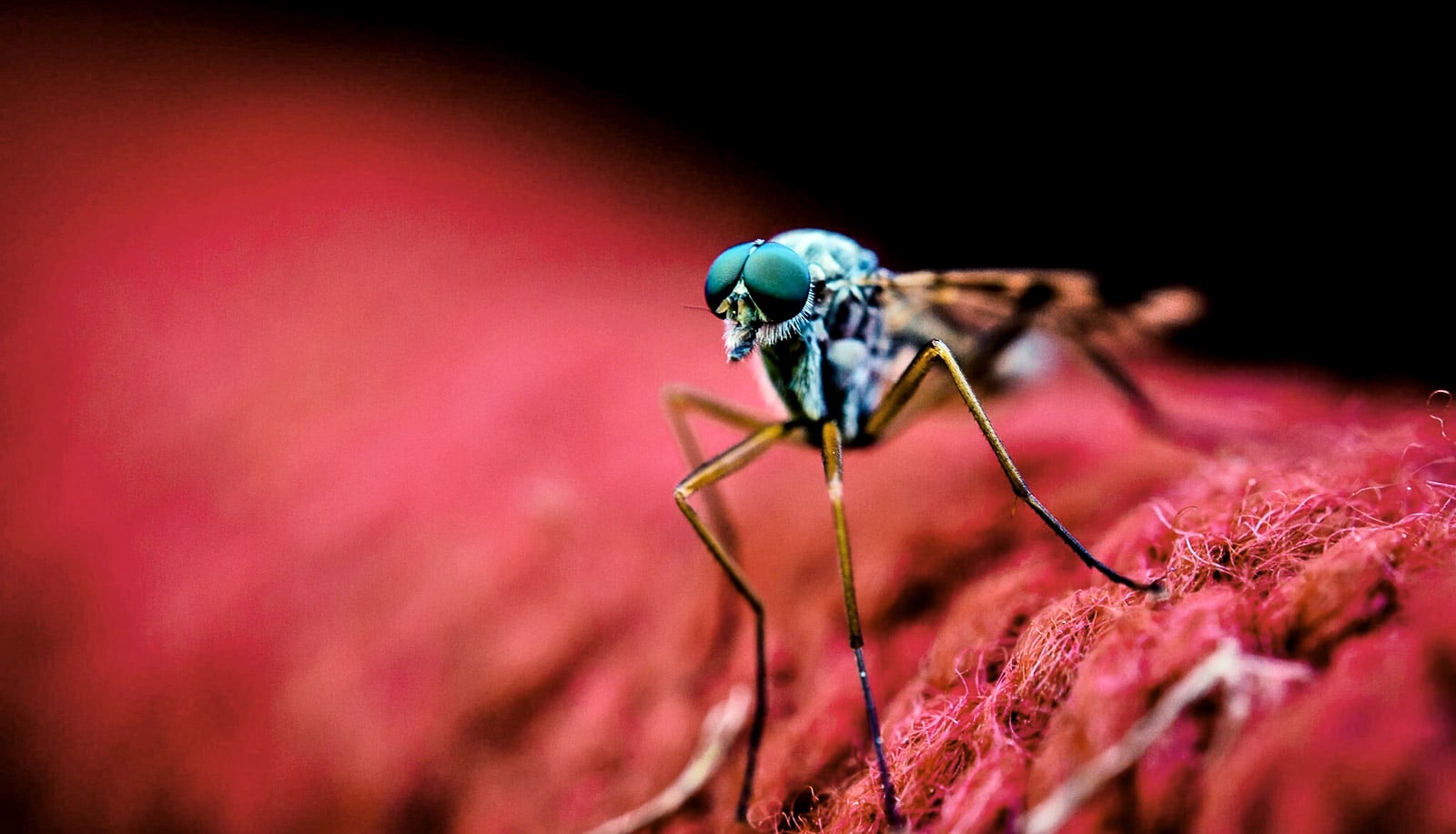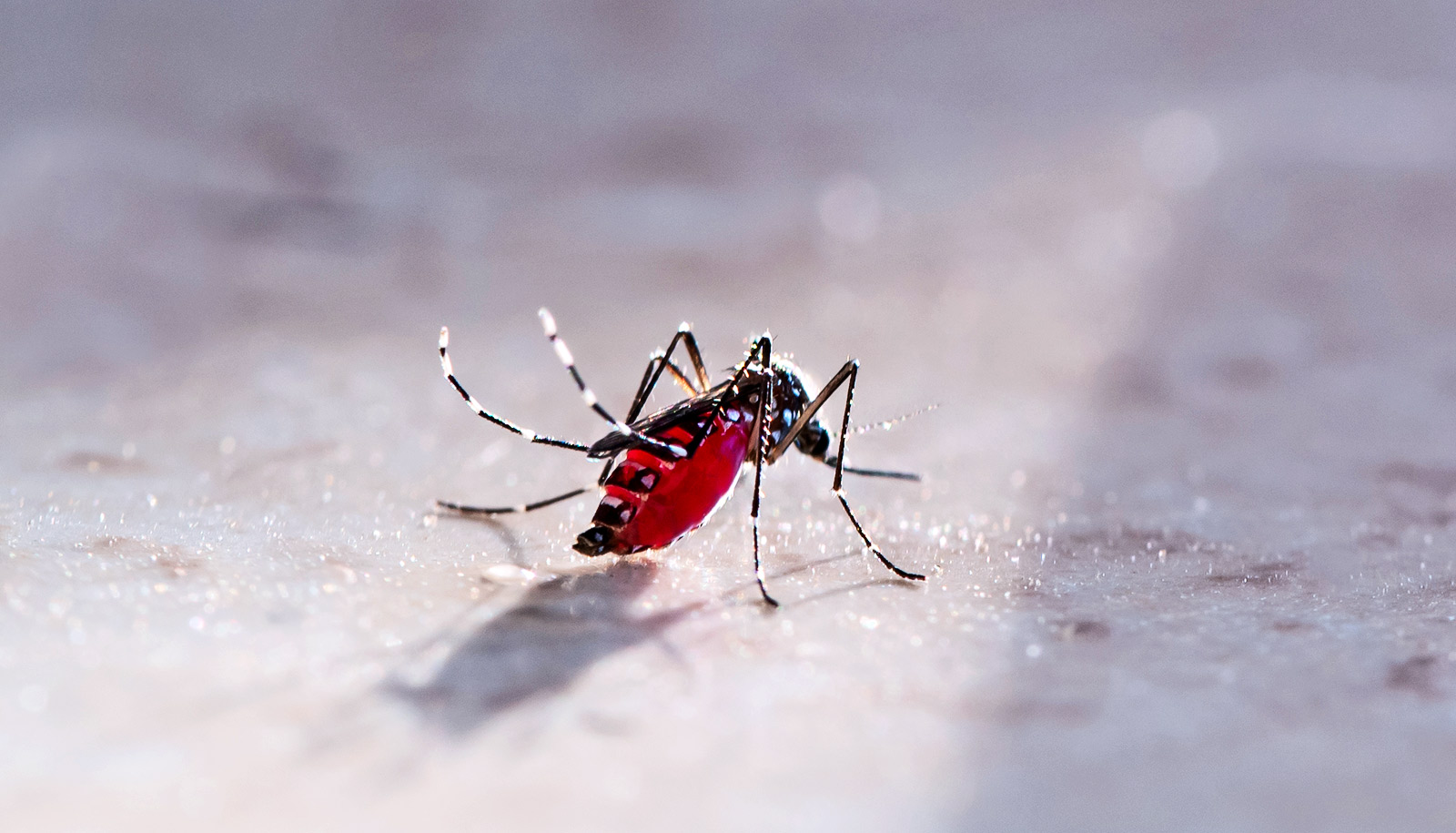Mosquitoes can learn to associate an odor with a mechanical shock similar to a swat—and then avoid that scent in the future—new research suggests.
“Once mosquitoes learned odors in an aversive manner, those odors caused aversive responses on the same order as responses to DEET, which is one of the most effective mosquito repellents,” says senior author Jeff Riffell, a professor of biology at the University of Washington. “Moreover, mosquitoes remember the trained odors for days.”
https://www.facebook.com/uwnews/videos/1700760093349912/
Researchers already knew that mosquitoes don’t decide whom to bite at random. They show obvious preferences for some people over others. They are also known to alternate hosts seasonally, feeding on birds in the summer and mammals and birds during other parts of the year, for instance.
Riffell and his colleagues wanted to find out more about how learning might influence mosquitoes’ biting preferences.
As a first step, they trained mosquitoes by pairing the odor of a particular person or animal species—a rat versus a chicken, for example—with a mechanical shock. For the mechanical shock, they used a vortex mixer to simulate the vibrations and accelerations a mosquito might experience when a person tried to swat them.
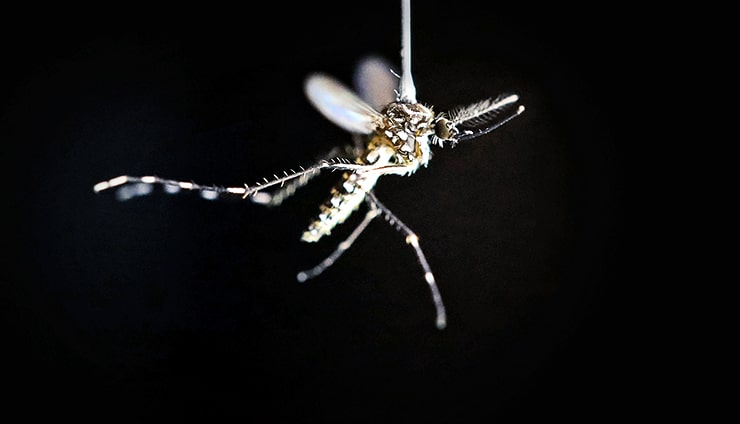
The insects quickly learned the association between the host odor and the mechanical shock and used that information in deciding which direction to fly—though interestingly, the mosquitoes could never learn to avoid the smell of a chicken.
Learning in many animals, from honey bees to humans, depends on dopamine in the brain. Additional experiments by Riffell and his team showed that dopamine is also essential in mosquito learning. Genetically modified mosquitoes lacking dopamine receptors lost the ability to learn.
The researchers also glued mosquitoes to a custom, 3D-printed miniature “arena” in which the insects could fly in place, while researchers recorded the activity of neurons in the olfactory center of their brains. Those experiments showed that without dopamine, those neurons were less likely to fire. As a result, mosquitoes became less able to process and learn from odor information.
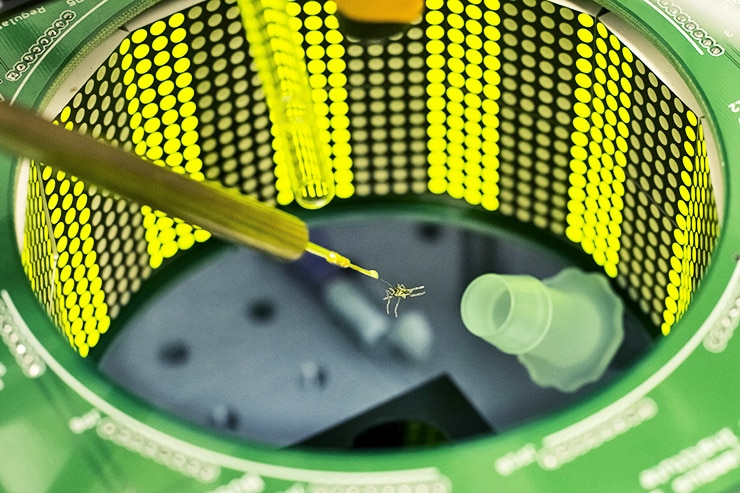
These findings may have important implications for mosquito control and the transmission of mosquito-borne diseases, according to the researchers.
“By understanding how mosquitoes are making decisions on whom to bite, and how learning influences those behaviors, we can better understand the genes and neuronal bases of the behaviors,” says Riffell. “This could lead to more effective tools for mosquito control.”
With this new understanding of how mosquitoes learn to avoid certain hosts, the researchers say they are now exploring mosquitoes’ ability to learn and remember favored hosts.
“In both cases, we think dopamine is a critical component,” says Riffell.
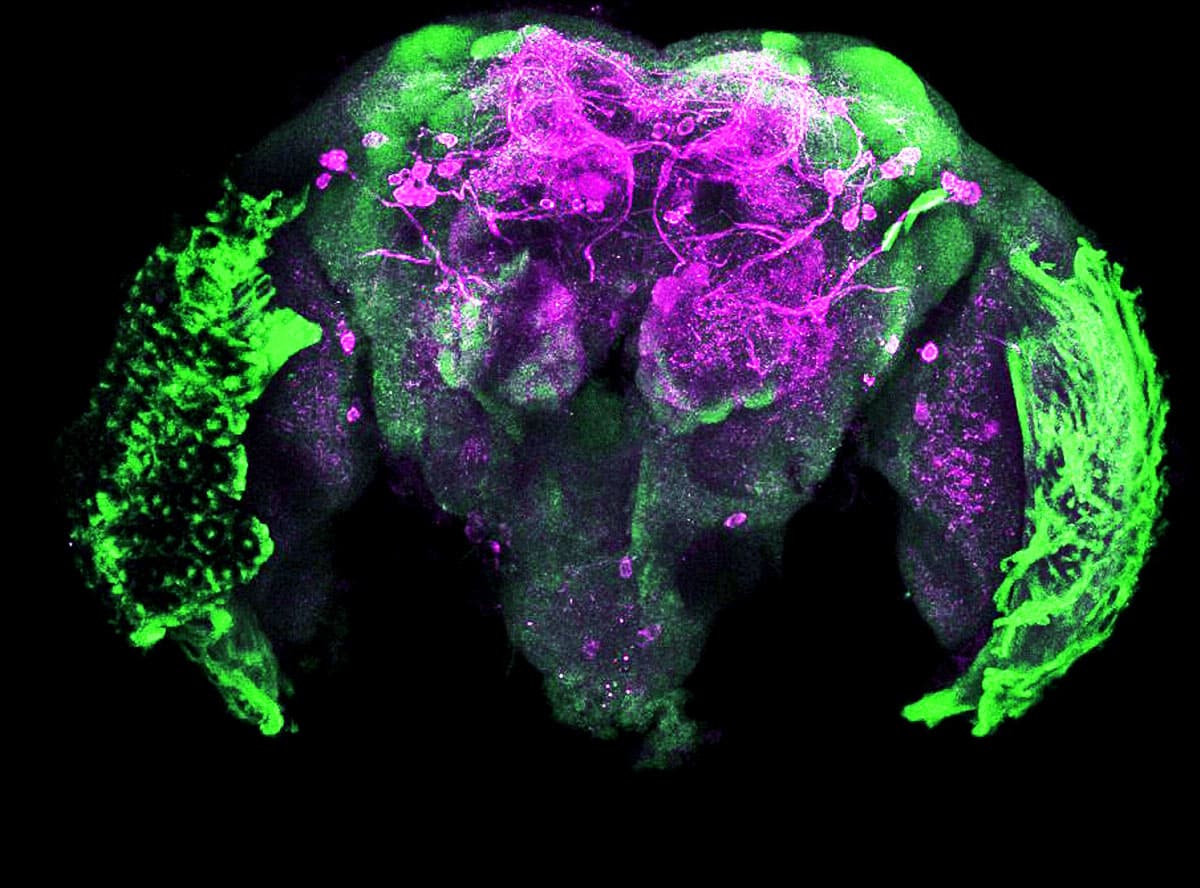
The researchers report their findings in the journal Current Biology.
Co-lead authors of the paper are from UW. Additional coauthors are from UW; the University of California, Riverside; and the California Institute of Technology.
Funding for the research came from the Air Force Office of Sponsored Research; the National Institutes of Health; the National Science Foundation; the University of California, Riverside; MaxMind; a UW Endowed Professorship for Excellence in Biology; the UW Institute for Neuroengineering; and the Human Frontier Science Program.
Source: University Washington
